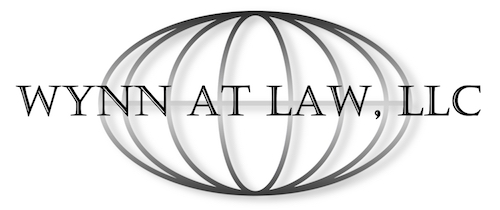Wisconsin law provides certain protections, called exemptions, that restrict the types of property a creditor holding a judgment may seize and sell to satisfy the creditor’s claim.The federal bankruptcy laws also contain certain property exemptions that protect similar assets, but in quite different amounts. Specific dollar-value of these exemptions are not listed here because they are subject to legislative change. The types of property for which exemptions are permitted include a specified amount of equity in, among other things, one’s personal residence, vehicles, household goods and personal effects, tools of trade, life insurance, and even deposit accounts. Generally, qualified retirement benefits may be excluded from the bankruptcy estate in whole or in part.
When a debtor’s property (called collateral) is secured by a lien (such as a home mortgage, vehicle purchase loan, some furniture purchases, and so on), the debtor must decide whether to retain it or surrender it to the secured creditor. If the decision is to surrender the collateral, the unpaid portion of the loan (or any deficiency after sale of the collateral) generally is subject to discharge along with the unsecured debts.
If a debtor wishes to retain the collateral, the debtor must choose either to reaffirm the debt (sign a written document agreeing to continue making regular or agreed-upon payments on the debt and grant the creditor all prebankruptcy rights upon a subsequent default) or redeem the collateral (pay the creditor the present fair market value of the collateral in one lump-sum). Only items used for personal, household, and family use (including vehicles, but not real estate) are subject to redemption. A motor vehicle may not be redeemed for less than the balance due, if the loan is less than 2 ½ years old.
Finally, a debtor may be able to avoid certain liens on items held for personal or household use (but not vehicles or real estate) and retain the items without either reaffirming the debt or redeeming the collateral. Lien avoidance generally is a matter for the bankruptcy court, and usually has additional cost to the debtor beyond the basic cost of a bankruptcy case. Debtors should ask about additional costs when contacting an attorney about bankruptcy.

